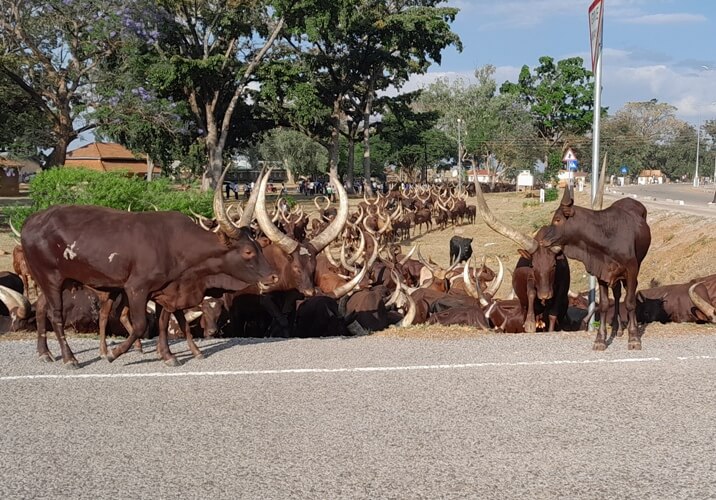The government, together with development partners, is working to encourage the cultivation of lesser-known plant species in the Teso and Lango sub-regions. This initiative aims to address issues within the country’s food systems. The targeted plant species, including black beans, small tomatoes, spring onions, finger millet, climbing beans, and pumpkins, are well-suited to the local environment and require fewer resources compared to conventional crops.
Participatory Ecological Land Use Management (PELUM) Uganda noted that these neglected and underutilized plants can thrive in challenging areas with poor soil quality, making them important for climate change adaptation and economically viable for small-scale farmers.
In an effort to promote awareness about these indigenous and wild plant species, this year’s Green Action Week celebrations in Lira City on October 6 focused on educating school communities and consumers about their access and utilization. These species are not only well-adapted to their native environments but also offer high nutritional and medicinal value, contributing to climate change resilience and improving food security, especially for schools.
Mr. Patrick Olinga, the project officer responsible for agribusiness, emphasized the importance of preserving these traditional foods for future generations. Many children are unfamiliar with them, and promoting their appreciation and adoption is essential to ensure the sustainability of food systems.
A food system encompasses various activities, resources, and individuals involved in the entire process of food production, processing, distribution, consumption, and waste management.
Some farmers, like Mr. Patrick Ogwang from Lira City, expressed concerns that smallholder farmers are increasingly turning to hybrid varieties at the expense of indigenous seeds. He mentioned indigenous maize species and other crops that were drought-resistant and high-yielding but are now being abandoned for hybrids.
Climate change also poses a significant threat to traditional crops. Ms. Christine Ongom, the communications officer for Eden Rock Farm, shared their approach to farming indigenous plant species. They use organic fertilizers and manure, including rabbit urine, human urine, cow dung, and goat dung, to boost crop yields, emphasizing the potential of sustainable and organic farming methods.




















